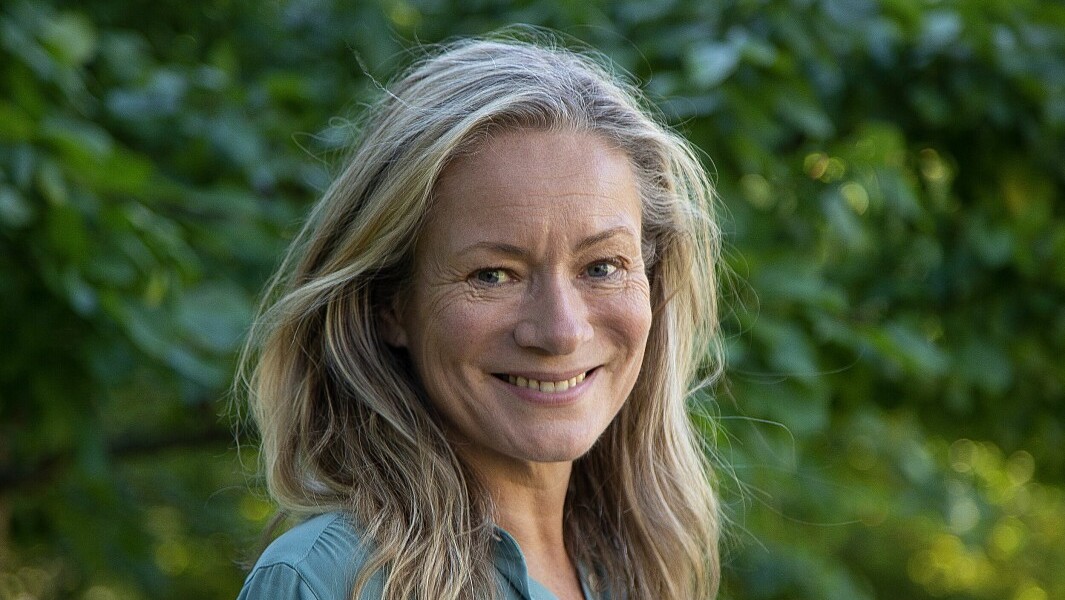
Av Forskerforum
Publisert 8. mars 2022 kl. 10:54
‘There is a rising anxiety for the state of research on the Norwegian reality, or the reality in an international context,’ says Oddmund Løkensgard Hoel, secretary of state at the Ministry of Education and Research. ‘There ought to be sufficient diversity and a good balance between Norwegian and international research.’
‘We researchers are used to being fired. The first time it happened, I did the usual thing. I went to Nav, found another job and kept my mouth shut. This time I tweeted it. And it got a response,’ says NTNU researcher Ingrid Eftedal, who is ‘permanently temporarily employed’.

When she fell ill, she missed an opportunity to apply for new external funds. Contractually, that was enough for her to lose her job. The case was due to come up before NTNU’s central employment board in February, where the recommendation was that she should be fired. The hearing has been postponed.
‘Public sector wages have been kept down during the pandemic. It’s unreasonable for this to continue for another year,’ says Kjell Erik Lommerud, professor of economics and chief representative for the Norwegian Association of Researchers (NAR) at the University of Bergen (UiB).
Two years of the coronavirus have led to a skewed wage growth, with the public sector on the losing side. In the private sector, some have been hit hard by lockdown while other areas of business are flying high. High electricity prices call for a rise to avoid a drop in real wages.
In the municipal sector, groups such as teachers and nurses have long come out with aggressive wage demands. Guro Elisabeth Lind, head of NAR, thinks there is a bigger risk of public sector strikes than there has been for a long time.
‘We have very strong arguments for the 2022 wage settlement to provide a boost to researchers,’ Lind told Forskerforum earlier this year.
‘You get an overview of your own research which you wouldn’t otherwise get. It brings your own research work into focus,’ says Nifu researcher Gunnar Sivertsen.
He is discussing the publication indicator, the system that allocates funds to universities and colleges on the basis of how many scientific articles and books they publish. It was he who designed the indicator.
He’s now an advisor to the National Publishing Committee (NPC), whose task is to attend to academic considerations related to scientific publishing. Recently, NPC was asked to assess the consequences of discontinuing the indicator.
Behind this is the work of the funding committee, which is conducting a review of the research and higher education funding system. It is due to present its recommendations on 17 March.
‘We have received questions from the Ministry on behalf of the committee, and since one of their questions concerns the consequences of doing away with the indicator, I would say they are considering it.’